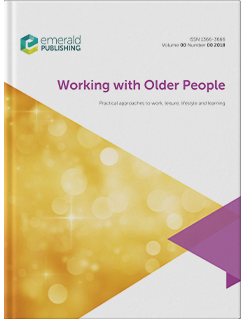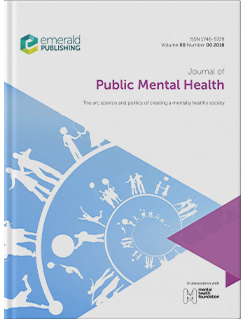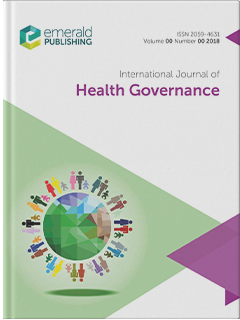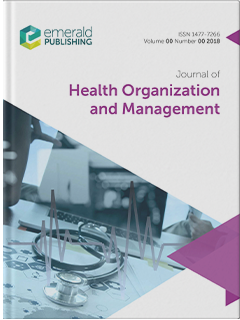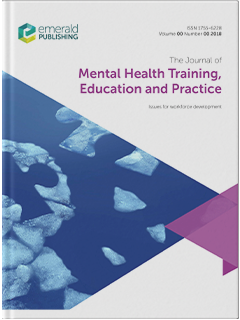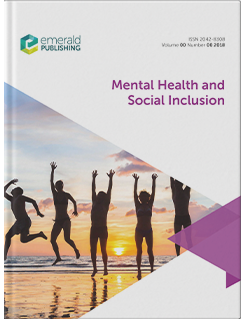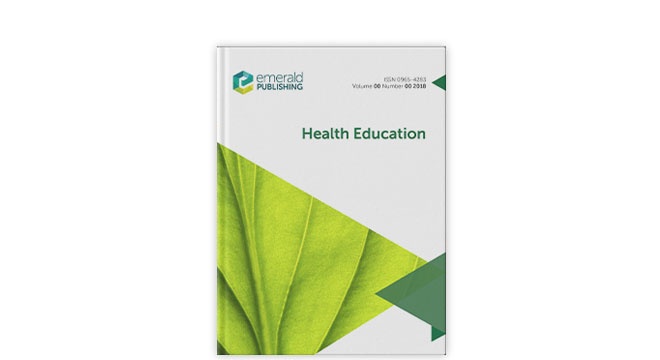Health education involves understanding health behaviour and transforming health outcomes for people, organisations, communities and populations.
When health education meets interprofessional education, so that health and social care professionals from more than one discipline learn together as a team, it can improve collaboration, optimise professional competencies, and enhance the quality of care. As well as this collaboration, health educators are increasingly prioritising the role of peer education and the impact of user involvement in health education and promotion.
Here, we aim to understand some fundamental objectives of health care education by asking the following questions: Why does education matter to health? Does peer education always ‘improve’ health education? What is the role of user involvement in health education? And has the role of interprofessional education been overstated?
We invite you to join the discussion. If you have research, insights and/or viewpoints that relate to health education and interprofessional practice, then please get in touch.
This mission is aligned with our Healthier lives goal

Free access to our articles, blogs & videos

Different routes to publication
If you would like to contribute to the discussion, take a look at our different routes to publication and contact us to get involved.

Additional information
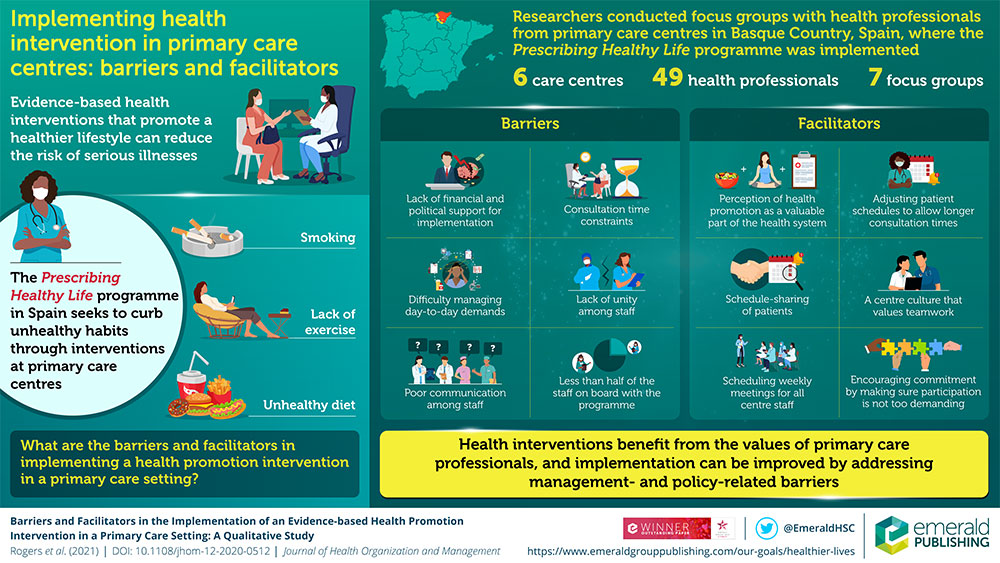
Implementing health intervention in primary care centres: barriers and facilitators
What are the barriers and facilitators in implementing a health promotion intervention in a primary care setting?
Download the infographic to find out more (PDF)
Journal of Health Organization and Management
What’s in the infographic
Implementing health intervention in primary care centres: barriers and facilitators
Evidence-based health interventions that promote a healthier lifestyle can reduce the risk of serious illnesses.
The Prescribing Healthy Life programme in Spain seeks to curb unhealthy habits through interventions at primary care centres:
- Smoking
- Lack of exercise
- Unhealthy diet
What are the barriers and facilitators in implementing a health promotion intervention in a primary care setting?
Researchers conducted focus groups with health professionals from primary care centres in Basque Country, Spain, where the Prescribing Healthy Life programme was implemented:
- 6 care centres
- 49 health professionals
- 7 focus groups
Barriers
- Lack of financial and political support for implementation
- Consultation time constraints
- Di fficulty managing day-to-day demands
- Lack of unity among sta ff
- Poor communication among sta ff
- Less than half of the staff on board with the programme
Facilitators
- Perception of health promotion as a valuable part of the health system
- Adjusting patient schedules to allow longer consultation times
- Schedule-sharing of patients
- A centre culture that values teamwork
- Scheduling weekly meetings for all centre sta ff
- Encouraging commitment by making sure participation is not too demanding
Health interventions benefit from the values of primary care professionals, and implementation can be improved by addressing management- and policy-related barriers.
Barriers and Facilitators in the Implementation of an Evidence-based Health Promotion Intervention in a Primary Care Setting: A Qualitative Study
Rogers et al. (2021) DOI: 10.1108/jhom-12-2020-0512
Journal of Health Organization and Management
https://www.emeraldgrouppublishing.com/our-goals/healthier-lives
Talk to us about your work
We really welcome insights not only from researchers but practitioners too about their work.
If you would like to contribute to the discussion, or you are working on research in areas related to health education and interprofessional practice, please let us know by filling in this form.

